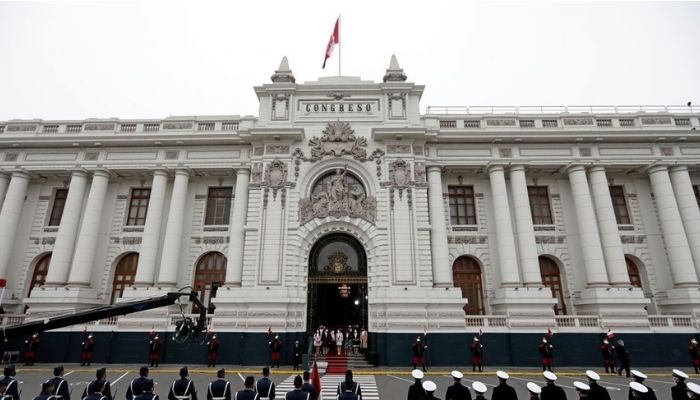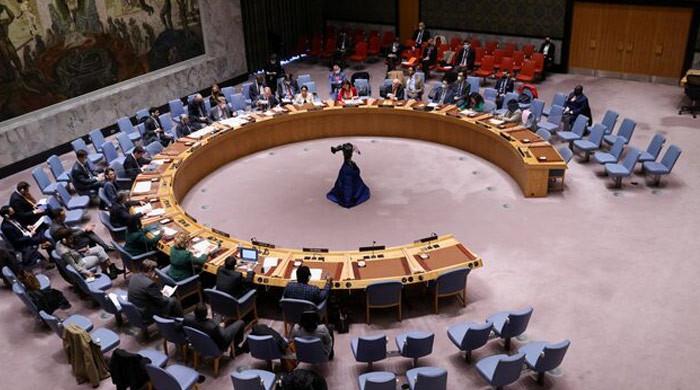Peru plans to punish pedophiles, rapists with chemical castration
Chemical castration proposal criticised by Peru's health minister as well as by parents of victims, women's rights organisations
April 21, 2022

- Peru's government will present bill to allow for chemical castration as penalty for raping minor.
- Chemical castration proposal has been criticized by Peru's own health minister.
- This was proposed in 2018 as well but not implemented.
Peru's government will present a bill to allow for chemical castration as a penalty for raping a minor, Cabinet members told reporters on Wednesday, following national outrage over the rape of a three-year-old girl.
"We consider that this measure will be an additional penalty for those who commit rape," said Justice Minister Felix Chero.
He said the government hopes those who rape minors will serve prison time and be chemically castrated at the end of their sentences.
The move comes after a 48-year-old man was arrested earlier this month on suspicion of raping the three-year-old girl, who had to undergo surgery after the ordeal.
President Pedro Castillo, a socially conservative former schoolteacher, has been supportive of the bill, saying people who rape minors need to be punished in an exemplary fashion.
"We hope that Congress will back (the bill)," Castillo said earlier this week.
To become law, the bill will have to pass through Peru's opposition-controlled Congress. Conservatives make up the majority of lawmakers, including some who have made an alternative proposal to include the death penalty as punishment for the rape of a minor.
The chemical castration proposal has been criticised by Peru's own health minister Jorge Lopez, as well as by the parents of the victim and by women's rights organisations.
"We regret that the Executive does not understand sexual violence," women's rights group Flora Tristan said on Twitter. "What we need are measures to speed up judicial processes, to improve care, to combat impunity and strengthen prevention."
This is not the first time politicians have discussed the measure. In 2018, Congress pushed to include chemical castration as a penalty for those who violate children under 14 years of age. The proposal, however, was not implemented.









